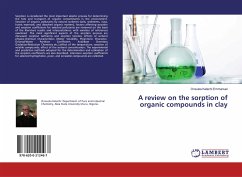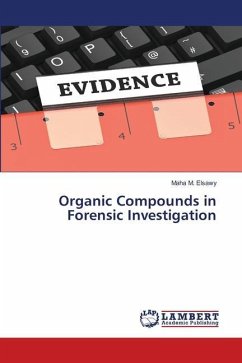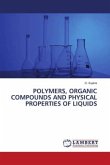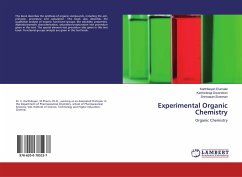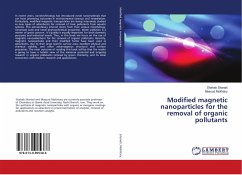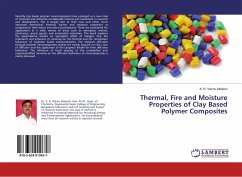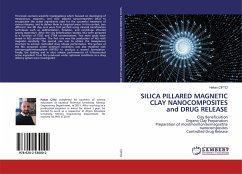Sorption is considered the most important abiotic process for determining the fate and transport of organic contaminants in the environment. Sorption of organic pollutants by natural sorbents (soils, sediments, clays, humic materials, and dissolved organic matters), factors affecting sorption and sorption coefficients for selected pollutants are reviewed on the basis of the literature results and interpretations; with varieties of references examined. The most significant aspects of the sorption process are discussed: sorption isotherms and sorption kinetics; effects of sorbent physico-chemical characteristics (Water Solubility, Polar/Ionic Character, Octanol/Water Partition Coefficient, Acid/Base Chemistry Oxidation/Reduction Chemistry etc.);effect of the temperature; sorption of volatile compounds; effect of the sorbent concentration; The experimental and prediction methods adopted for the determination and estimation of the sorption coefficients are also described. Literature sorption coefficients for selected hydrophobic, polar, and ionizable compounds are collected.
Bitte wählen Sie Ihr Anliegen aus.
Rechnungen
Retourenschein anfordern
Bestellstatus
Storno

